

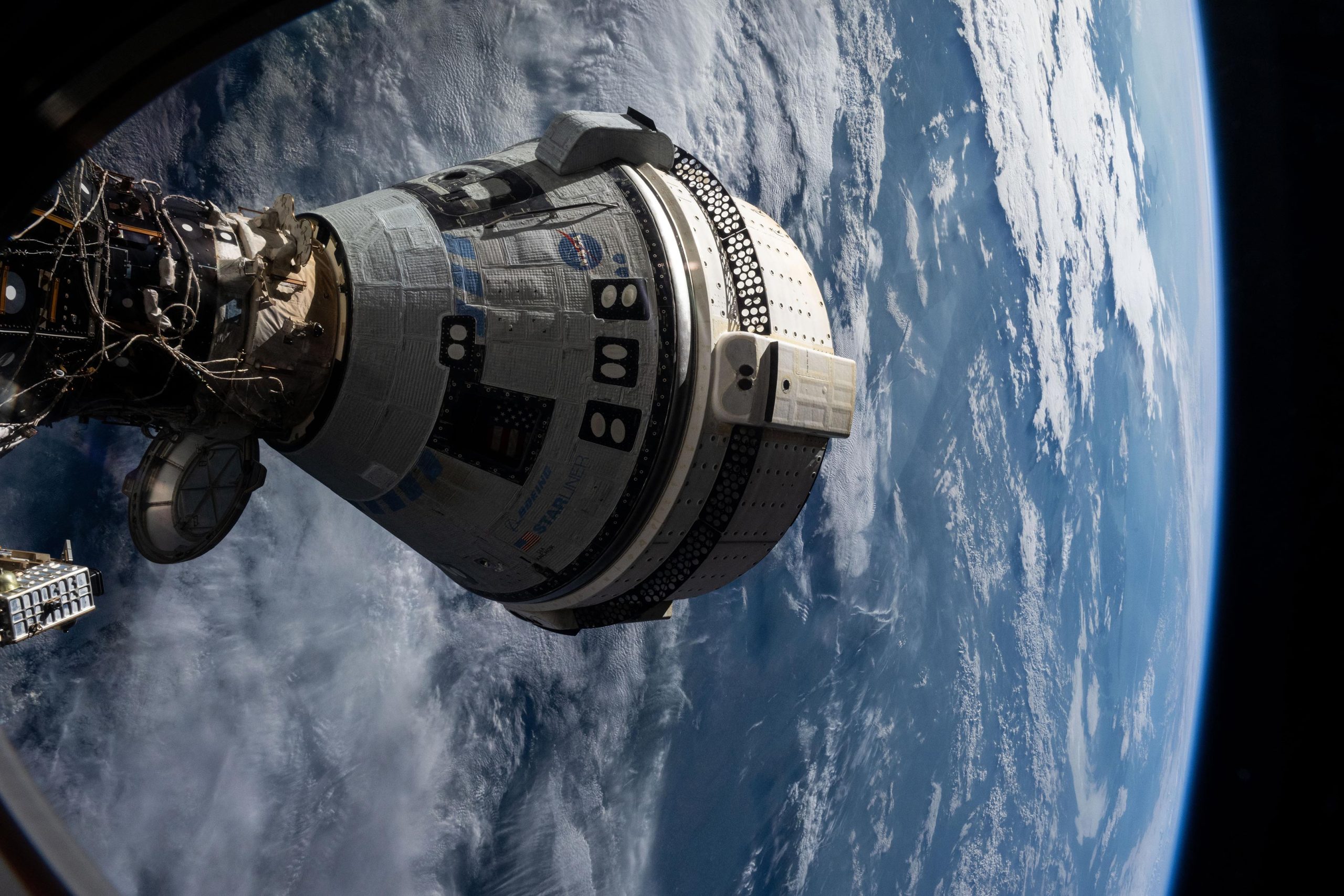
NASA faces uncertainty as it awaits Boeing's ability to resolve certification issues plaguing its Starliner spacecraft. After propulsion problems during Starliner's first crewed test flight in June 2024, NASA had to delay the next potential mission to the ISS to 2025. With the spacecraft's certification still incomplete, NASA is questioning if a second test flight will be necessary before regular missions can proceed. As a result, astronauts Sunita Williams and Butch Wilmore will now return to Earth on SpaceX's Crew Dragon in 2025, instead of the originally planned Starliner-1 mission. NASA's ISS operations will continue uninterrupted with the upcoming Crew-10 mission in February 2025, featuring astronauts Anne McClain and Nichole Ayers.
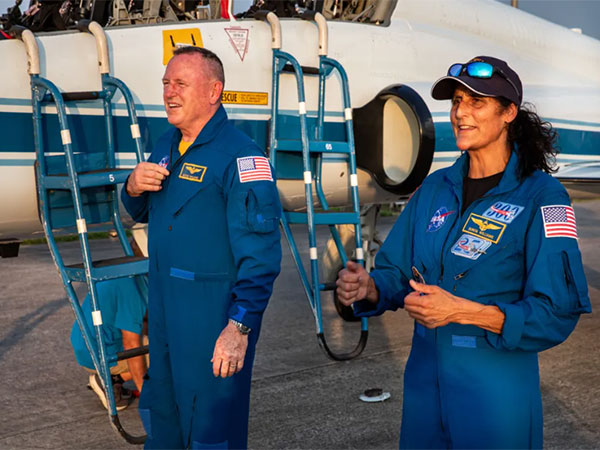
Despite the excitement of an extended stay in space, NASA astronauts Sunita Williams and Barry Wilmore face several health challenges due to their prolonged exposure to microgravity. From fluid shifts and bone loss to visual impairments and increased radiation levels, this mission highlights the impact of long-duration space travel on human health. As space agencies continue to research and implement strategies to manage these risks, we gain a better understanding of the effects of microgravity on the human body.
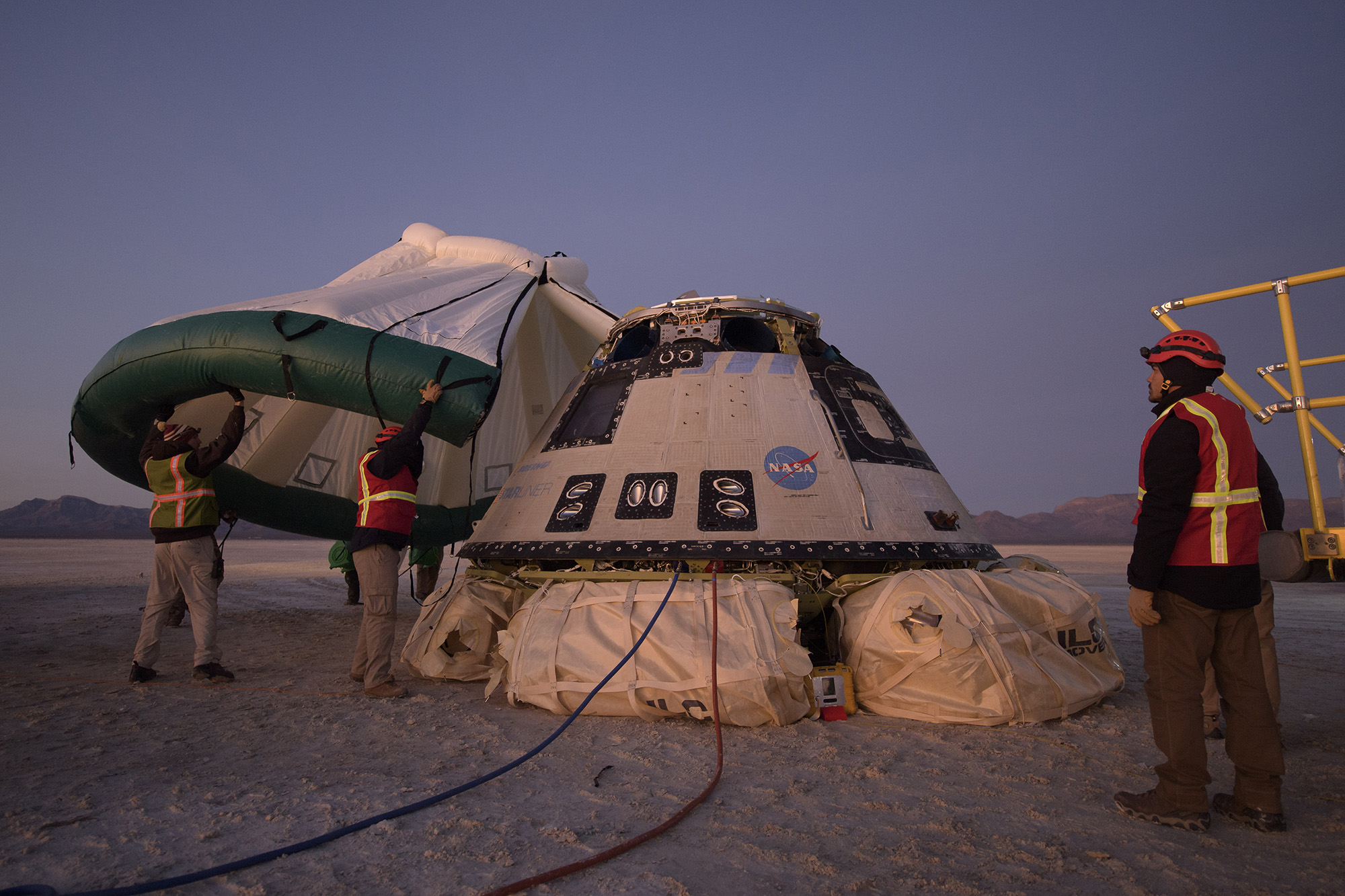
Veteran astronauts Sunita Williams and Barry Wilmore are currently docked at the International Space Station after facing multiple setbacks on their return journey in the Starliner spacecraft. NASA, along with the manufacturer Boeing, is conducting investigations and tests to ensure the safety and success of their return trip. However, the astronauts remain optimistic and confident that the spacecraft will bring them back to Earth without any problems.
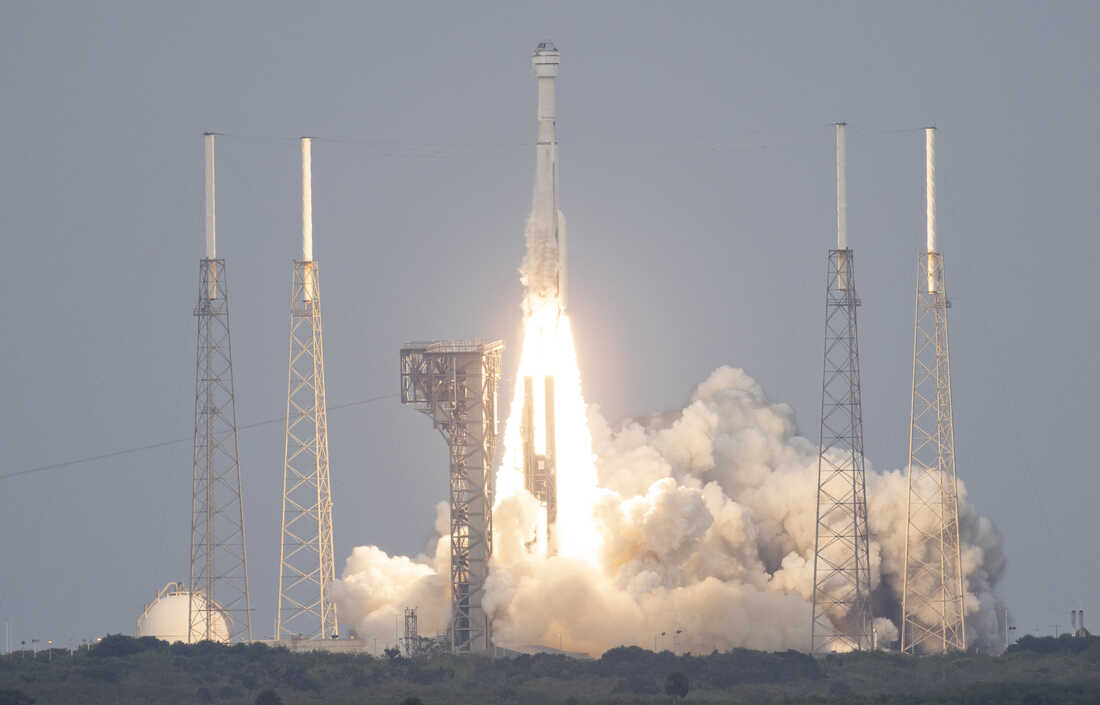
NASA astronauts Sunita Williams and Barry Wilmore will be addressing the media on July 10 from the International Space Station to discuss their delayed Boeing Crew Flight Test mission. The mission, meant to last a week, has been extended to two months due to faults in the spacecraft. Viewers can tune in to NASA's YouTube channel, app, or TV for the media conference. No return date has been announced for the astronauts, but they are collecting data and conducting system checkouts while they are in space.
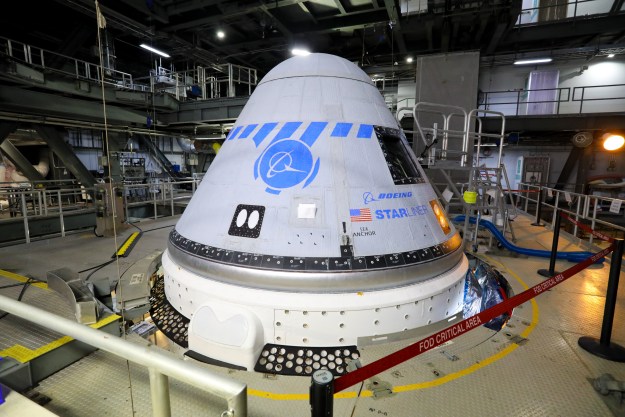
With Indian-origin astronaut Sunita “Suni” Williams onboard, NASA and Boeing are contemplating extending the planned 45-day mission duration of the Starliner spacecraft to 90 days. This would allow more time for necessary tests and data review, as well as a ground test in New Mexico to investigate thruster malfunctions during the spacecraft's journey to the International Space Station (ISS). The extended mission would also give astronauts more time to perform routine tasks and conduct experiments while NASA and Boeing continue to evaluate the Starliner's propulsion system performance.
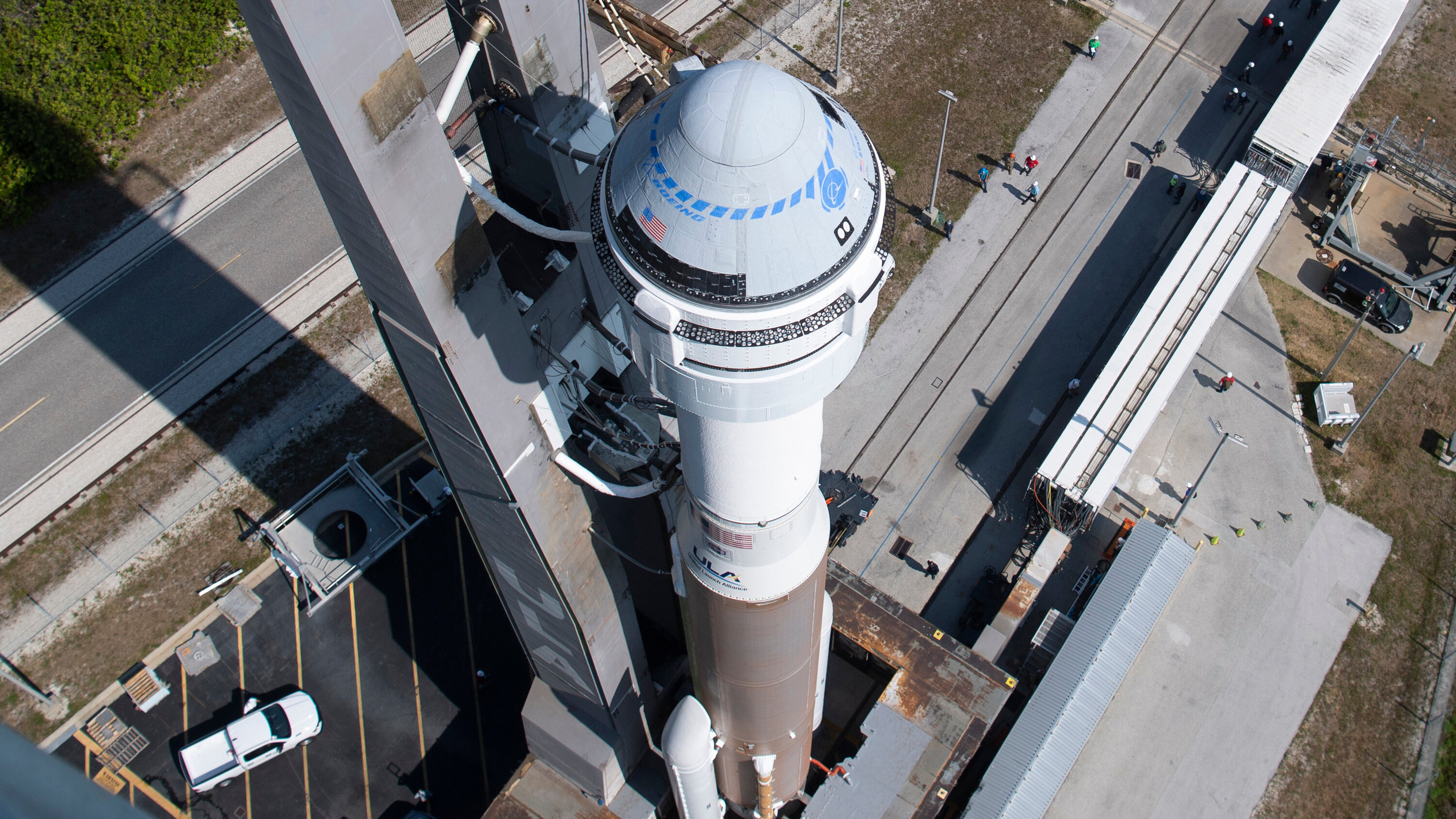
Technical issues with Boeing's Starliner capsule have caused NASA to reschedule the planned return of veteran astronauts Butch Wilmore and Suni Williams from the International Space Station. With five helium leaks, maneuvering thruster and propellant valve failures, the return date has been pushed back multiple times. The latest targeted return date is July 6, extending the mission from eight days to a month.
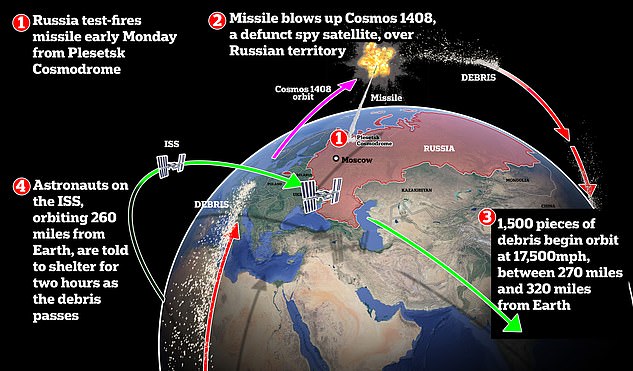
A defunct Russian satellite, RESURS-P1, broke up in Earth's orbit near the International Space Station (ISS), creating over 100 pieces of trackable debris. This event has raised concerns about the increasing risk of disastrous collisions and the need for international regulations to manage space debris. NASA and other agencies are monitoring the debris while experts speculate on the cause of the breakup and emphasize the urgency for a space traffic management mechanism.
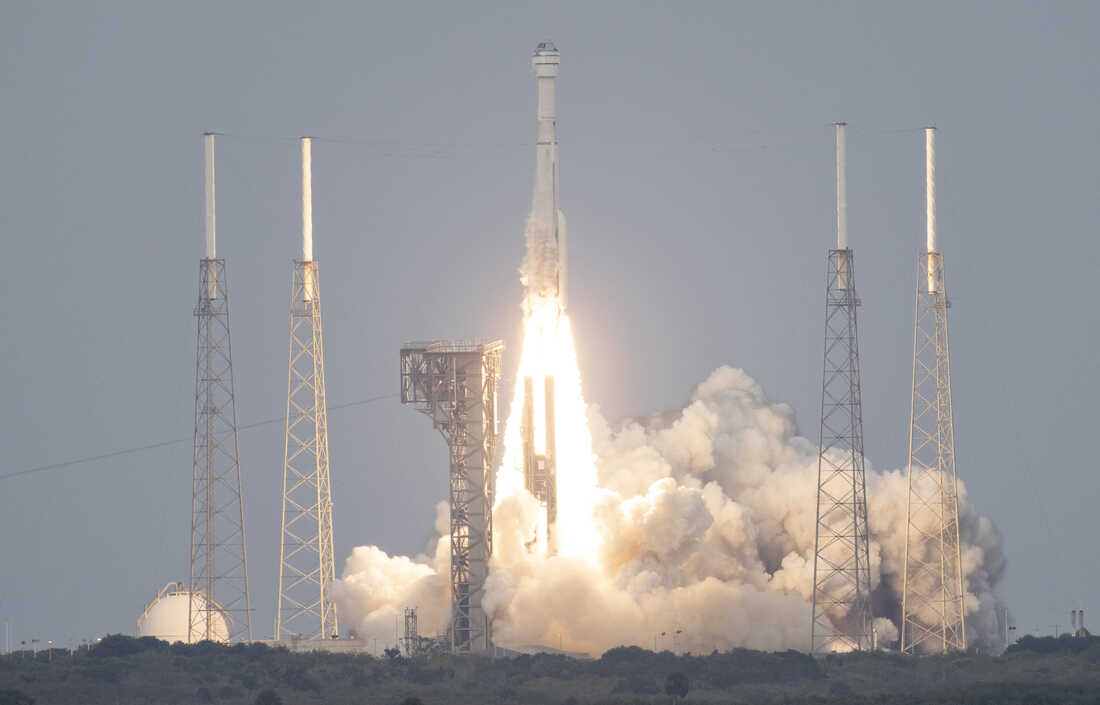
After encountering technical issues since its launch on June 5, Boeing's Starliner spacecraft is facing further delays in returning astronauts Barry Wilmore and Sunita Williams from the International Space Station (ISS). NASA has postponed the return date for the third time without a confirmed date, with the current target of July 6 extending the original eight-day mission plan significantly. This setback comes after multiple delays in the project's production and testing phases, with NASA expanding the crew size and mission duration to up to six months aboard the ISS. Safety concerns were also highlighted in a NASA safety review which revealed compromised planning processes in the project.

The team on the Boeing Starliner mission, including NASA astronaut Sunita Williams, has found a 'superbug' on the International Space Station. This bacterium, called 'Enterobacter bugandensis', has evolved and grown stronger in the closed environment of the ISS. While not alien life, these bugs are a potential health risk for astronauts in outer space. Further research is needed to understand and combat these microbes in space conditions.